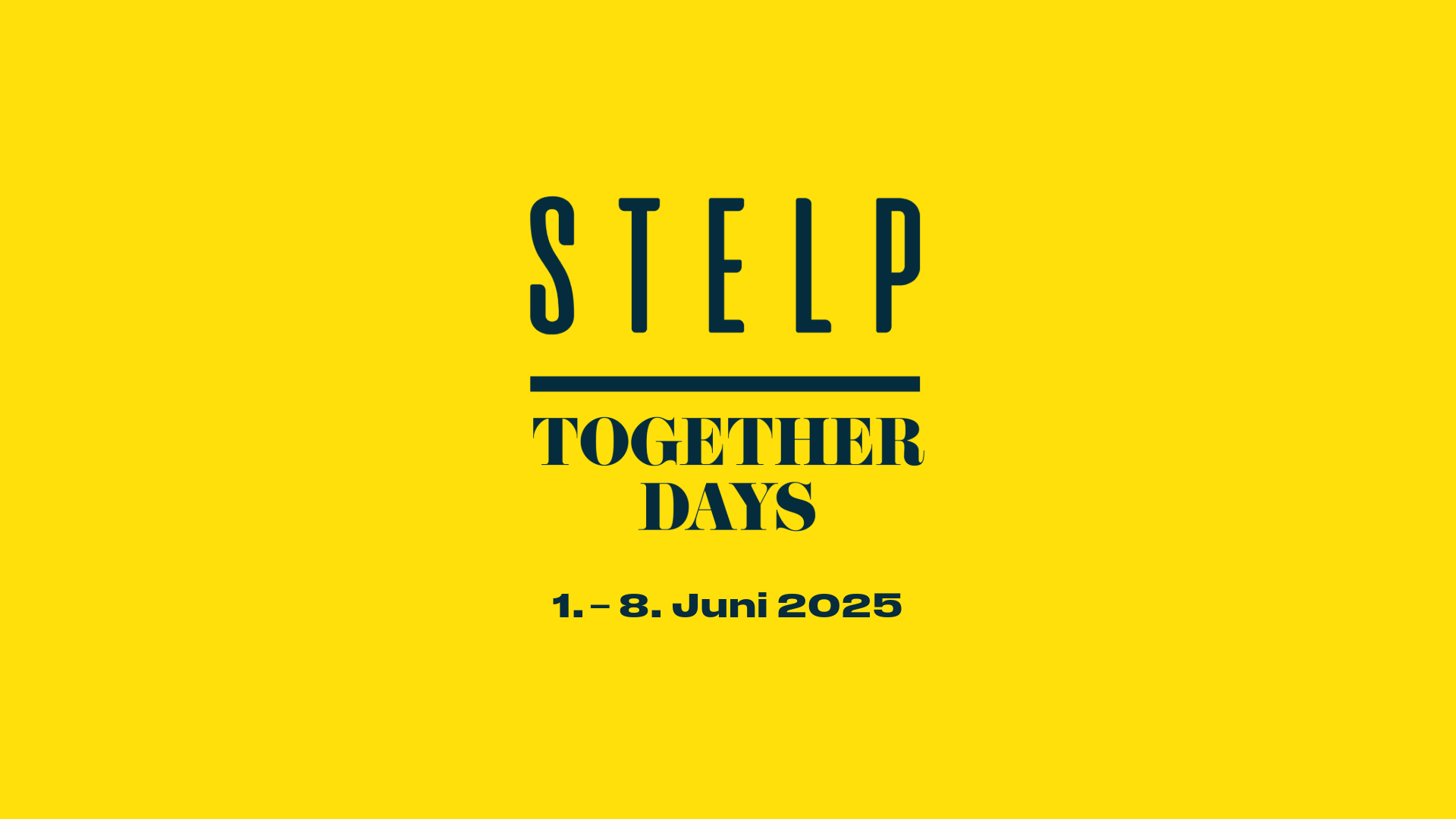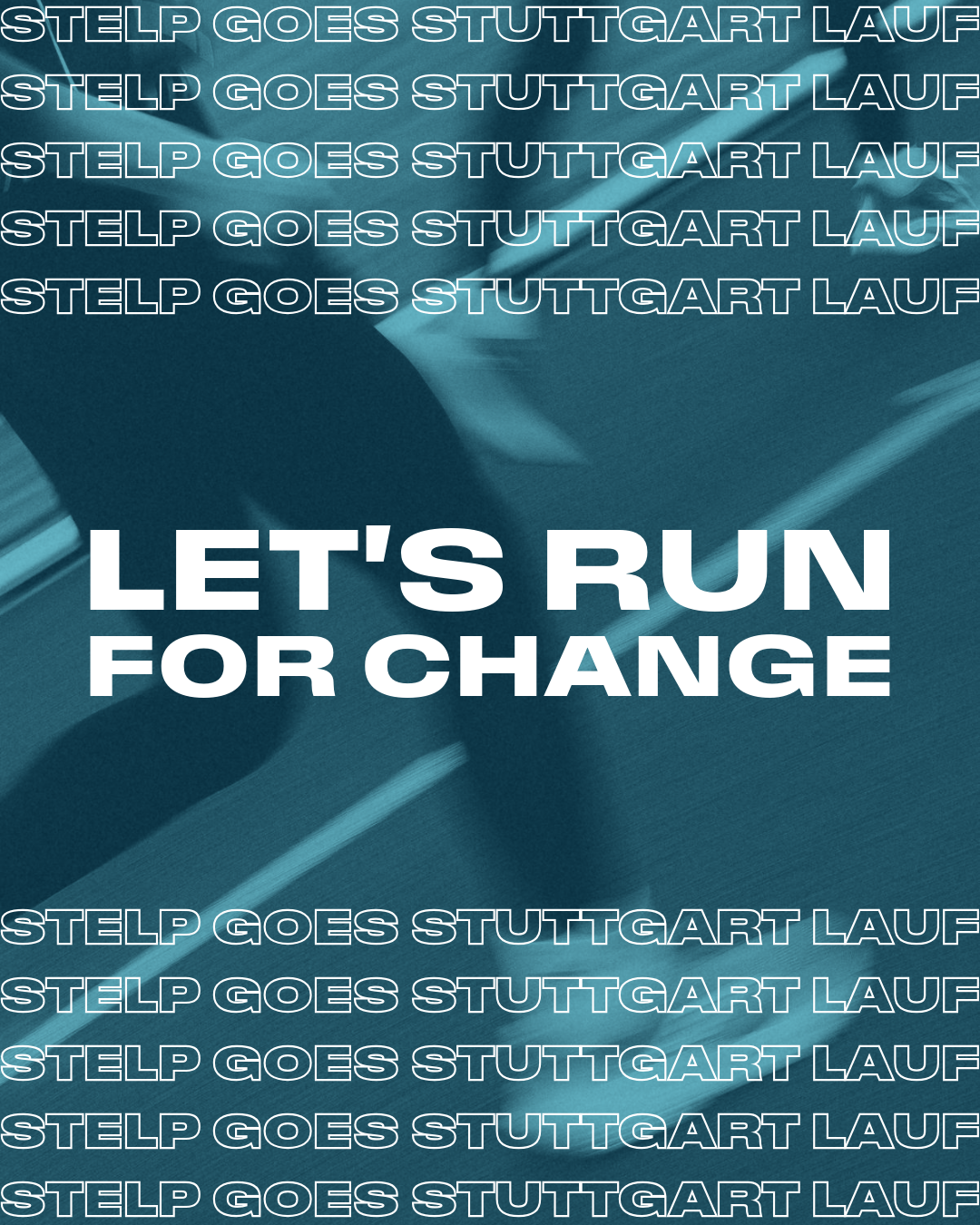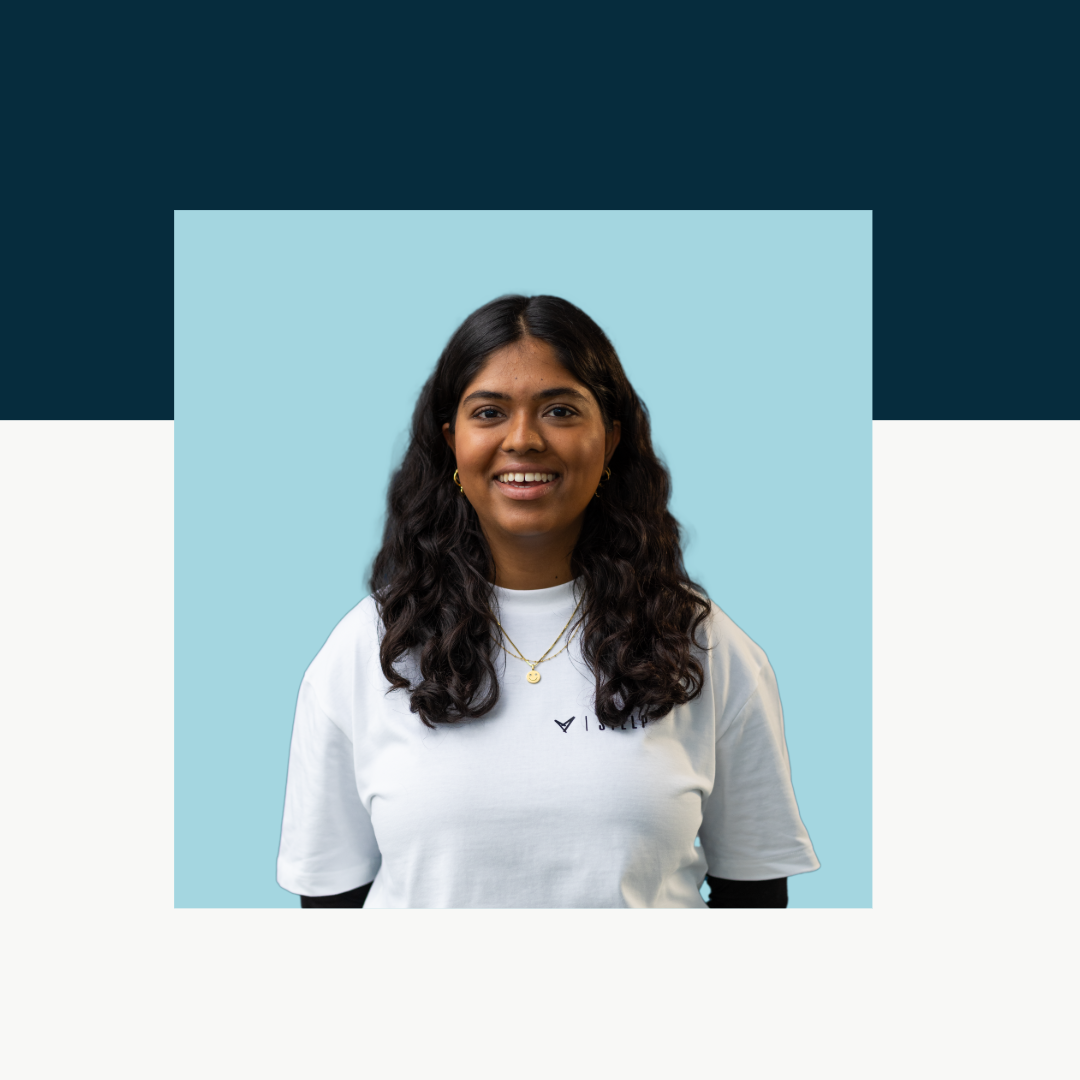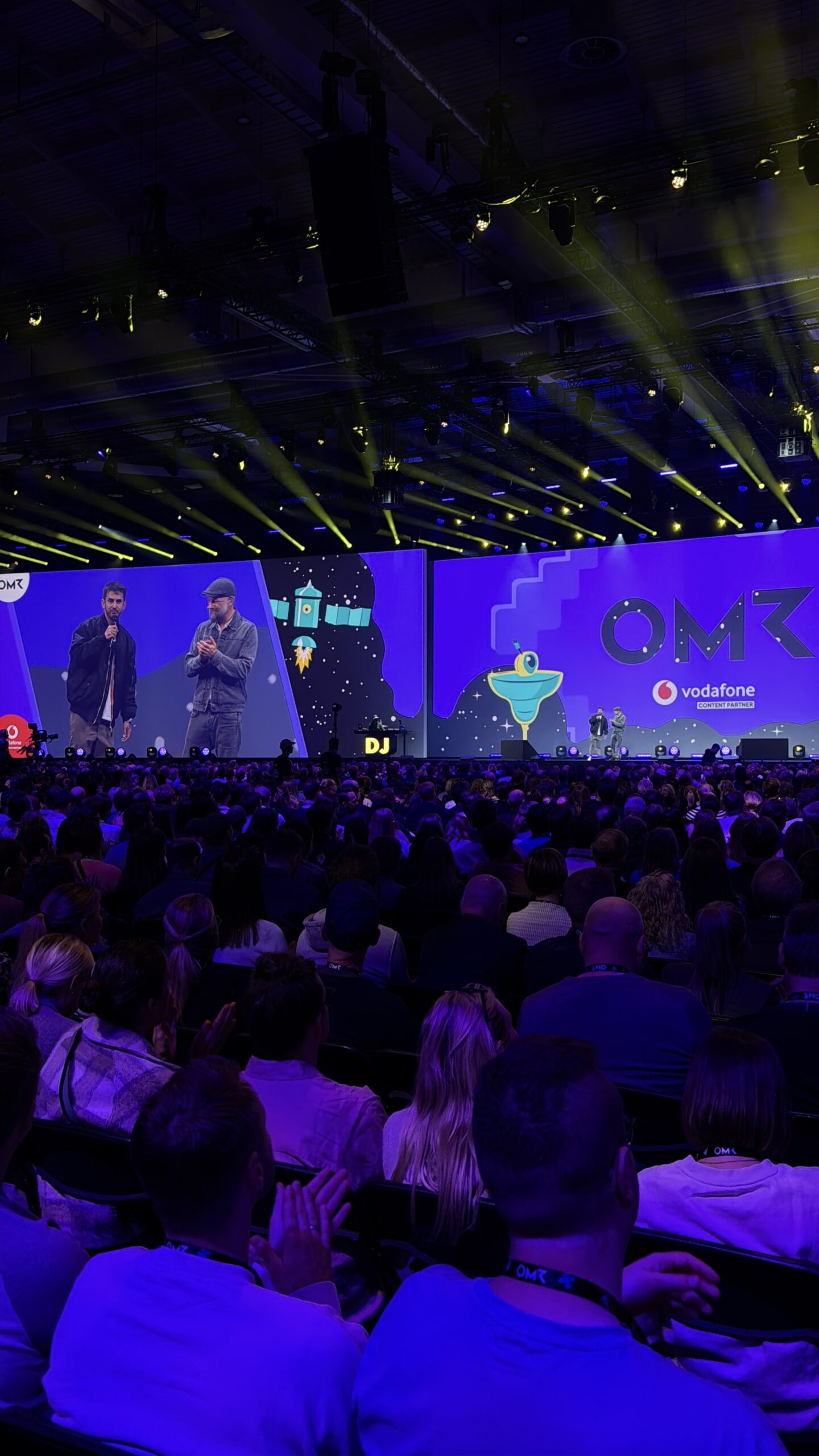Part 4 of 8 from the series by Christina Lopinski
“They pulled out a ship,” Carmen calls out as I come down the steps toward the lounge area in the darkness. I have a book in my hand and an apple. I’m off to make a phone call, a quiet evening. “Excuse me?” I don’t even know what she means at first. Who is she and what ship? I try to grasp the situation, everything suddenly happens very fast. There are plates of food on the table, half-full glasses, a smoking cigarette lies on the ashtray. Apocalyptic. This is what it feels like. I put the apple in my jacket pocket and feel the adrenaline pumping through the veins of my body. I’m the last to arrive at our warehouse. A symphony of flashlights greets me. “Here,” Nina presses her cell phone into my hand. “Light up. We need at least 150 sleeping bags.” Marta lies under the huge metal shelf, her pants ripping, we’re dustier than we’ve ever been, the sleeping bags stowed in the bottom corner, “this hasn’t happened in a long time,” Lucy says.
I have so many questions all of a sudden. Are there dead people? Are the people still on the beach? How many children are there? What do the people need most right now? I’m standing between diapers and space blankets and canned beans and milk and drinking water, and I have no idea what to put in the van. Everybody’s helping, everybody’s running. Sleeping bags are flying. “Hurry,” shouts Ezgi. I feel the apple pushing against my stomach through my bag as I load baby diapers into the car. I feel sick to my stomach. When did people stop eating? Cesme is only a few kilometers from the Greek island of Chios. Today was a very windless day, which does not happen often here. Refugees want to go to Chios because Greece is part of the European Union. An initial registration there lets them be part of the European Union. Registration in Turkey does not. Ali’s hair is disheveled as he closes the van doors. We only have 100 sleeping bags. “We need five people,” he says seriously. He couldn’t take more, the gendar merie might ask questions. Eight of us stand in front of the vehicle. We all realize at that moment that it’s not about us. That rescue and first aid must not know sensationalism. Having seen everything once doesn’t count when it comes to human dignity. It’s not ‘cool’ to do active sea rescue, maybe exciting, but mostly insanely sad and frustrating and very, very stressful.
“Having seen it all once doesn’t count when it comes to human dignity.”
We don’t say anything as we drive toward town, Nina, Lucy, Franzi, Carmen and me. We put on our high-visibility vests, put on professionalism and an emotional protective wall, “anyone who is not emotionally stable, please stay here,” Nina says. The water canisters tip over in the bend, Ali is driving much too fast. Instead of going to the beach, we head toward downtown. A policeman with a machine gun guards the barrier guarding a huge building complex. We are waved through and moments later find ourselves on the grounds of the gendarmerie. What then unfolds before our eyes is horrific. “The people might as well be dead,” Nina says. This only puts the situation into perspective to a limited extent, macabre as discourse sovereignty in the topic of flight. We get out of the car, I cross my arms. We are on the premises of the gendarmerie, a subunit of the Turkish police. They pulled the refugee boat out of the sea, people are now waiting to be registered, we are told. Uh-huh. There are more people than expected. The gendarmerie says there are 200, I already count over 50 children, most of them can just walk. The people are not allowed to move freely, they are locked in a basketball cage. Thin children’s fingers reach through the steel bars. I’m the only brown-haired volunteer, the other women are blond. We look exotic, on Turkish soil. When people in the field catch sight of us, they wave, shout, stare. I have to turn around. I feel so uncomfortable – I don’t want to look at people, like animals. I have to remind myself that I’m no help if I look away.
“Should we unload the car?” Nina shrugs her shoulders. The mood is tense. We look around. There is a toilet container outside the basketball court. Two toilets for 200 people. A few women sit on the floor, I wonder what they are waiting for. A pregnant woman sways toward the toilet, grabs her belly, moans. “At least there’s a toilet,” Nina says. Last year, no one could go to the bathroom. Feces everywhere. I see Ali, gesticulating wildly at the cage fence. A young man with a pigtail is talking at him from the middle of the cage. Now I stare. At some point our eyes meet. He’s young, younger than me, and handsome. Later I’ll know he’s from Afghanistan. I wonder where he is right now, two days ago I was dreaming about him. Ali is coming towards us. We can’t give out food and we can’t give out sleeping bags. He says the situation is too tense. Too many people from too many different groups. People from Afghanistan, from Iraq, from Syria. We don’t have enough for everyone. We’d start fights, tension would be too much, unintentional distributive injustice would catalyze frustration.
“We can’t distribute food, we can’t distribute sleeping bags.”
I’m so angry. In people’s looks, I see how much they need. We have everything with us, we can’t give them anything. We are so powerless. It feels like sitting in front of a full plate and not being able to eat, even though hunger intrinsically destroys. So instead of feeding people we start stockpiling food and water and sleeping bags into the warehouse on the compound. The warehouse is sponsored by a major EU aid agency whose name I will not mention here. I was shocked by the conditions. Mice everywhere, baby cats, ripped open plastic bags and shredded boxes. The food provided is cookies. People will ask me for bread later. I can’t give them anything, we take our food back, we are forced by the gendarmerie, there would be food. Kekse sind keine Cookies are not food. I’m so frustrated as I throw all the sleeping bags into the mess. When will they be distributed? I look at the young officers of the gendarmerie. The black-haired one grins, shrugs his shoulders, can’t even say ‘no english’. A woman, she must have come from the toilet queue, climbs over a building roof in our direction. Lucy bends to her, her back hiding the woman, I’m afraid of all the weapons the gendarmes carry. She needs diapers, badly, she says. Lucy strokes her arm and nods. But now she has to go back quickly, or it will be dangerous. She nods. Ali is angry, his anger radiates, we’re all angry because we can’t help even though we could.
Diapers, he says after a long discussion. Quickly. We hear children crying. I’m handed four boxes at the same time. So we carry boxes and boxes and boxes towards the basketball court, get out pads and toilet paper, look at each other, and then enter the cage, its bars threatening to break from the tension. My heart beats so fast, my adrenaline dulls my overload, I feel I must function now.
“Abla, abla,” a guy pulls on my scarf. His eyes are huge, I could sink into those eyes. He says something in Turkish, or is it Arabic? I shake my head, try to smile, I can’t. I’m a grimace, I feel like a grimace, standing in front of the hungry young man, sanitary napkins in hand. I’m so sorry, I want to say. And by that I mean everything. That he didn’t arrive in Greece. And that he is hungry. And that he has to sleep on the floor with 200 other people. That I can leave the cage and he can’t. We look at each other for a long time, I manage to smile, he smiles back, then a woman snatches the bandages from my hand. Every time the policeman opens the cage door for me, I become more confident. I clench the diapers and toilet paper tightly, my anger turned into confident determination.
“I’m so sorry, I want to say. And by that, I mean everything.”
I can’t do anything but distribute fairly, that’s my job now, that’s how I can help people the most. So I walk to the edge of the field. Families huddle in the corners, trying to protect themselves from the wind, lying close together, many with their eyes closed, not even looking at me when I squat down next to them. I am shocked at the number of children. A newborn baby lies on the lap of a woman who looks like a child. I see the culture differences visually, I can feel them. I smile as I hand out what I have. I step into a puddle. Urine, I think, because I don’t see drinking water anywhere. What’s happening to you. I want to sit on the ground, between all the people and make my presence felt, if I can’t take anyone with me. “Come,” Ali calls out. He’s so far away right now. I forgot for a brief moment that I had to leave. I ask about the sleeping bags. When will they be distributed? People are freezing. No one answers me. As we get into the car, no one says anything. We leave the area, the policeman with the machine gun nods at us as he raises the barrier. We leave behind 200 people whose future is unclear. These are the people we will find in a few weeks in one of the countless tent camps.
“It makes me so angry,” Ali says, stammering. We’re all angry. We’re angry because we do less than we could, because structures tie our hands and make us powerless in a field that’s almost entirely about power. The more power a few people have, the more powerless many are. How can it be that human beings are kept like animals when human dignity is inviolable? How can it be that people are treated as if they were a mass of identity-less ants, when all people are equal? I feel more and more clearly that we are not. “We must be blind if we don’t see how well we’re doing every day,” Marta says. We all nod our heads. The next morning we’ll all tell each other we slept badly. I still think about the young Afghan with pigtails, and I wonder if I’ll run into him in a tent camp in the next few weeks. Or if he’s on his way again. Maybe this time via the Balkan route.
Note from STELP e.V.: Only one photo was taken that night due to the acute situation. In order to give the readers a better impression of the situation and the court, we have attached older photos from similar missions below.
About the author:
Christina Lopinski was a volunteer for STELP in the IMECE village in Cesme/Turkey from October to December 2019. The 24-year-old has lived in Berlin for a long time and during that time wrote for the Berliner Abendblatt, the B.Z. and the Wiesbadener Kurier. She currently works for the Frankfurter Allgemeine Zeitung.




